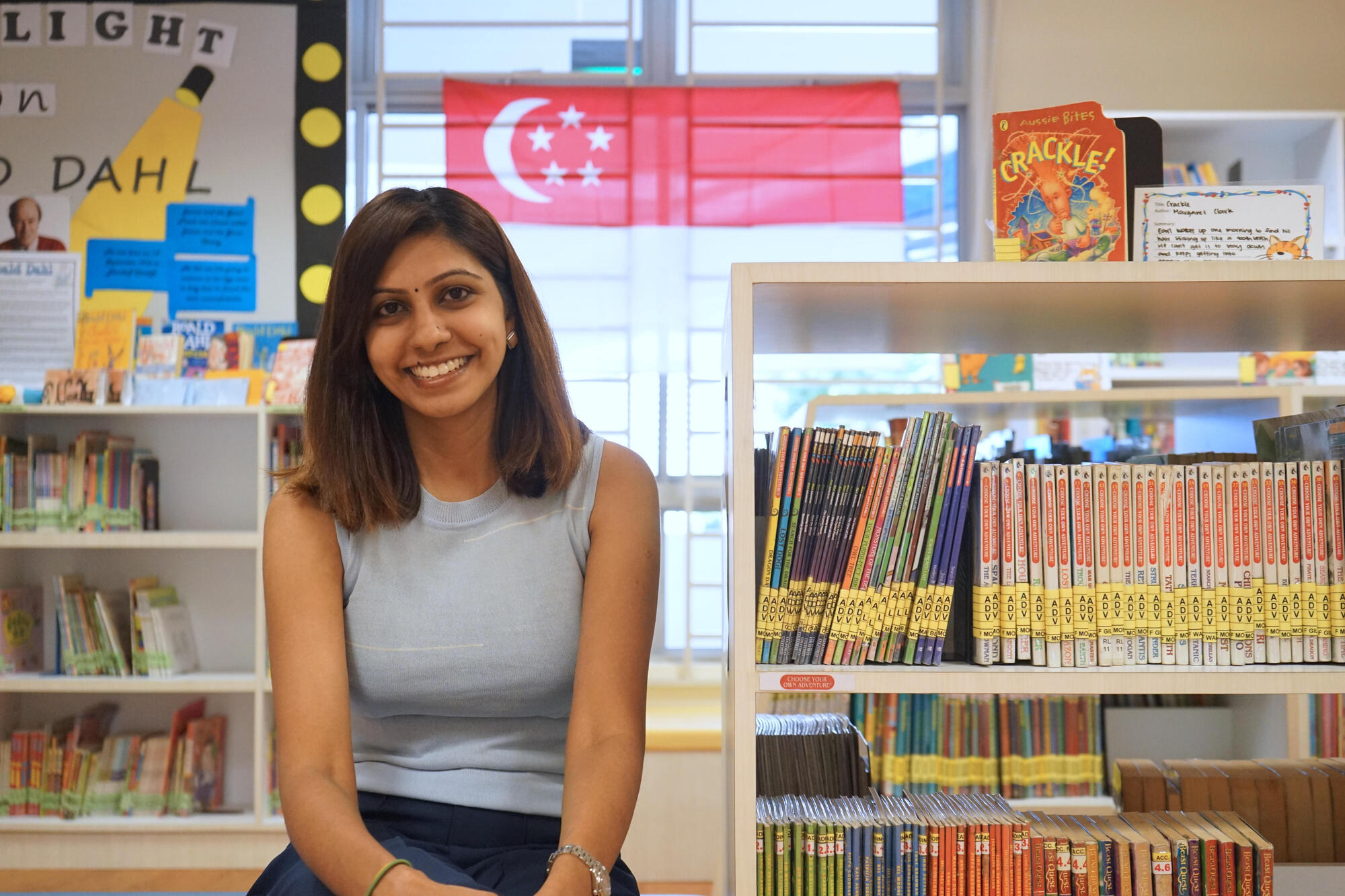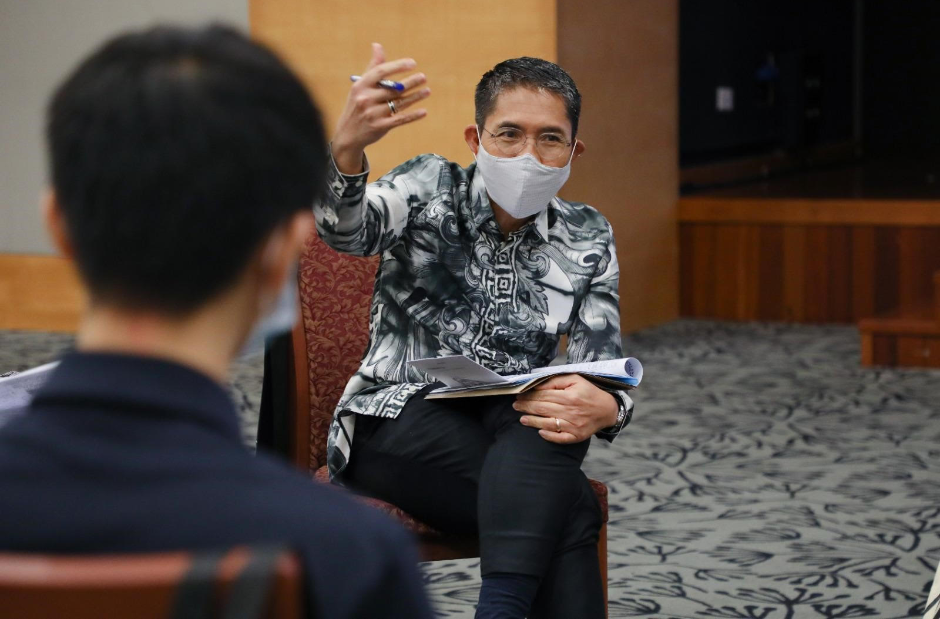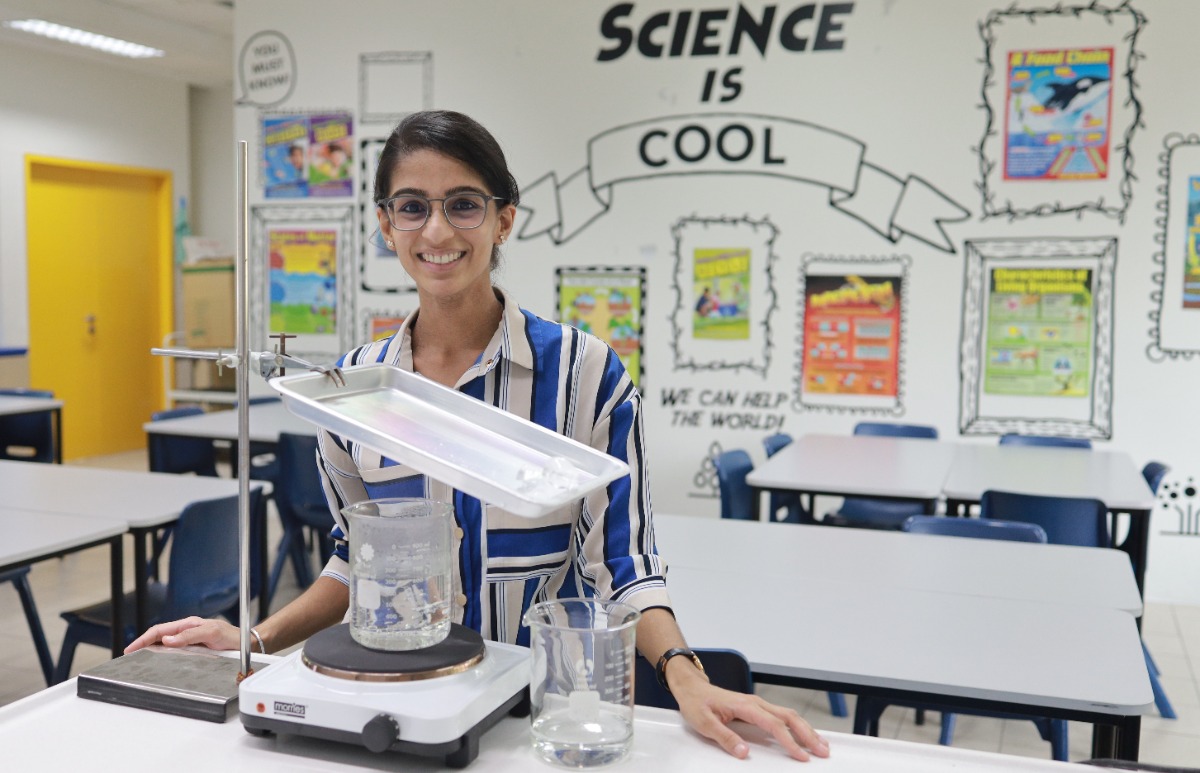Second Minister for Education Dr Maliki Osman puts forth that the kampung spirit is alive and well in Singapore, via initiatives such as the Ministry of Education’s UPLIFT. The multi-agency taskforce brings schools and community partners together to actively support students and their families who need a helping hand to get back on their feet.
Not so long ago, if you told children that only two kampungs remain in Singapore (in Buangkok and on Pulau Ubin), they might be excited and want to pay a visit. These days, especially with COVID-19 causing us to stay home, they may ask you to show them photographs online instead.
I spent the first seven years of my life in a kampung, and all the stories are true: Our doors were never closed, everyone knew everyone, and if a child fell down, everyone came to his aid. Weddings were truly fun times when all the neighbours would gather and prepare scrumptious meals together. Help is always just a door away.
The traditional kampung is a thing of the past, but I believe the kampung spirit is very much alive in Singapore; our hearts continue to be open to those in need, just not in ways we were familiar with.
Looking into our children’s after-school needs
As we go about our busy lives, we may miss noticing the children who slip through the cracks. They may be skipping meals, even skipping school. Their homes may not be conducive for personal growth and learning. Or they may be left alone at home as their parents work night shifts.
In 2018, the Ministry of Education (MOE) started UPLIFT, a multi-agency taskforce that looked at a range of initiatives to safeguard social mobility by supporting disadvantaged students and their families. UPLIFT stands for the “Uplifting Pupils in Life and Inspiring Families Taskforce”.
One key objective of UPLIFT was for schools to identify and support students whose situations may be holding them back from achieving their full potential, whether in school or in life.
If the students are in primary school, we encourage and assist parents to enrol their children into school-based student care centres so that they benefit from a more structured and conducive environment after school. We make sure the fees are affordable for these families. The benefits? The children can develop the habits and self-discipline to complete their homework, improve their social interactions through group activities, and strengthen their learning motivation and confidence.
For the children who are in secondary school, they can connect with mentors, befrienders or other significant adults from school and community groups in after-school activities.
The adolescent years are critical as self-esteem and identity take centre stage. Students from disadvantaged backgrounds face greater challenges dealing with issues of self-worth and confidence.
When I visited Admiralty Secondary School recently, I was heartened to see how programmes like GEAR-UP provide the much-needed support and scaffolding to these youths. Staff and volunteers from community organisations introduced creative activities such as art, drama, music and even public speaking. We hope that these efforts will enhance the young persons’ engagement and motivation, strengthen their relationships with teachers and peers, build resilience and raise their self-esteem. In 2020, over 6,700 students have benefitted from such programmes; we aim to help more.
More importantly, with their children enrolled in after-school care, parents are freed up to seek gainful employment and improve incomes. To support them, many partners including public agencies, self-help groups and social service agencies have stepped up to work with schools to address the families’ needs holistically, be they financial, social-emotional, or related to employment.
064663a7a8a66eb2afccc900c73e6f2e.jpg)
Students taking part in student-care activities. UPLIFT assists parents to enrol their primary-school children into school-based student care centres so that they benefit from a more structured and conducive environment after school. This also frees parents to find and sustain employment. [MOE pre-COVID file photo]
Helpful eyes and ears in the community
What about the lives of our children outside the school gates? Like any good kampung, we have caring eyes and ears in the community that look out for these kids, keep them engaged, and even help them to pick up new skills.
Some of the disadvantaged students and their families in Boon Lay, Kreta Ayer, Bukit Merah and Woodlands are getting support from their UPLIFT Town-Level Coordinator, or TLC, as part of the UPLIFT Community Pilot in collaboration with the Ministry of Social and Family Development.
To me, TLCs are like ketua kampung or village heads, those who know a lot of people and can pull together resources to get things done. They will step in to smoothen the flow of information and coordinate support for the student and family from different community agencies and schools. They are also a familiar face with whom the student and family can build a trusting relationship.
The work of the TLC is important, as it provides a more holistic lens to the support that these children require, both in school and in the community.
At Boon Lay, Kreta Ayer, Bukit Merah and Woodlands, we have already seen the fruits of this kampung endeavour: More than 300 primary and secondary school students have received support since January 2020, which surpasses our target a year sooner than expected. Furthermore, about 80% of the students who have been placed on the pilot for a year since early 2020 are attending school more regularly.
With these promising results, this pilot will be rolled out as the UPLIFT Community Network in stages, with eight more towns in 2022, namely Bedok, Chua Chu Kang, Geylang Serai, Jalan Besar, Punggol, Sengkang, Toa Payoh and Yishun.
Volunteers in the community are also stepping up as family befrienders to engage these families, lend a listening ear and provide practical help. We are glad for the warm response from the 120 befrienders who have been trained to date. Some have started befriending the families during this trying COVID-19 period.
Earlier this year, I met the young family of Mr Mohammad Nazri bin Bakri, his wife and their six children, with the eldest being 14 years old and the youngest a year old. They are part of the UPLIFT Community Pilot at Jalan Kukoh. Nazri had injured himself and was not able to secure a permanent job and his wife had to stay home to mind the children. They were feeling overwhelmed by their circumstances and unaware of what help was available, and their children started skipping school.
Through the TLC, they were connected to various community support programmes. Their family befriender helped register the children into tutoring programmes run by the self-help group Mendaki, while the TLC connected his wife to AMP Singapore’s home business programme, to start a food business that can supplement the family income. They also received financial and social support through the Social Service Office. Nazri and his wife are more motivated and inspired now as they see the children’s eyes shine with hope at the brighter paths ahead; their children are also attending school more regularly.
It takes a kampung
All that I have just described are the key initiatives coordinated by UPLIFT, which I took over as chairperson last year.
In essence, UPLIFT champions the kampung spirit. The difference lies in the deliberate and structured delivery of help and support, by setting up programmes and frameworks of care for the vulnerable among us.
I challenge everyone to see that the kampung spirit is alive and well. When schools, government agencies, volunteers, community partners and corporations come together to hold up a pillar of support for even just one family going through a rainstorm, it is the kampung spirit in action.
When partners and volunteers run activities and spend time with our students after school, it is very much like those days when we would hang out with our neighbours, relatives and buddies to play marbles or make ketupat, and learn good values through them and help one another in the process.
In all that we do in supporting these children and their family however, we are always mindful to do so with the utmost respect towards them and without undermining their dignity. We journey with them and see the world through their lenses so that we can empathise and empower them for better longer-term outcomes. Everyone in the kampung believes in this!
We continue to call for more volunteers and befrienders to be part of our modern-day kampung. Some say it’s hard to find the time, to which I say it is less about the time and more about the desire to make a difference – in this case, in the lives of fellow Singaporeans who face social challenges. I believe once the desire is there, time will find its way to you!
We are familiar with the phrase “it takes a village to raise a child”. For Singapore, it takes a kampung. And with everyone chipping in, we can keep that kampung spirit alive for the sake of our children and their future.



584663a7a8a66eb2afccc900c73e6f2e.jpg)


